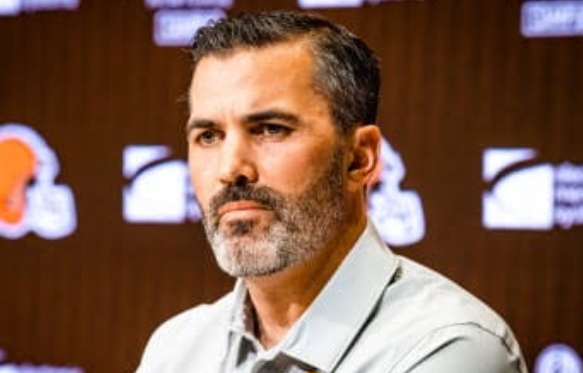A year ago, the Cleveland Browns were enjoying an unexpected surge toward a playoff spot, thanks largely to Joe Flacco stepping in to provide the consistent quarterback play the team desperately needed.
Before Flacco’s arrival, the Browns were plagued by poor performances from Deshaun Watson, P.J. Walker, and Dorian Thompson-Robinson.
Despite a 7-4 record before Flacco’s first start, the offense was underwhelming and being propped up by an overachieving defense and special teams.
Flacco’s contributions prevented the Browns from fading down the stretch, but his success has left lasting consequences for the franchise. By helping the team reach the postseason, Flacco inadvertently gave undeserved credit to head coach Kevin Stefanski, general manager Andrew Berry, and Paul DePodesta, whose roles in the playoff run have been overstated.
Without Flacco, Cleveland likely would have missed the playoffs, exposing the flaws of the current regime and possibly prompting a much-needed overhaul.
Surprisingly, the Browns opted to bring in Flacco instead of stubbornly sticking with Walker or Thompson-Robinson—a rare move for an organization often more focused on proving its own brilliance than making sound decisions.
However, this decision ultimately shielded Stefanski and Berry from scrutiny, leading to their premature contract extensions during the offseason. These extensions now tie the team’s future to a regime that has failed to construct a consistently competitive roster.
Over time, the team’s performance has declined under Stefanski and Berry’s leadership, despite having the opportunity to mold the roster to their vision.
The offense remains stagnant regardless of who plays quarterback, and Flacco’s brief success only masked deeper issues. Without Flacco’s strong play, the Browns might have been forced into a reset, potentially positioning the franchise for long-term improvement.
Adding to the complications, owner Jimmy Haslam is unlikely to fire Stefanski and Berry soon, given their new contracts and his reluctance to pay personnel who are no longer part of the organization.
This hesitancy could prevent much-needed change, even as the team appears headed toward implosion.
Tensions are rising within the roster, with key players like Myles Garrett and Joel Bitonio publicly opposing the idea of a rebuild. Garrett has even hinted at requesting a trade, while Bitonio has floated the possibility of retirement if the team undergoes a major overhaul. Losing either player would be disastrous, as both are cornerstones of the roster on their respective sides of the ball.
Losing both could cripple the team’s immediate future and force an overdue reckoning with the current leadership.
Ultimately, Flacco’s late-season heroics last year are the pivotal moment that set the Browns on their current, precarious trajectory. While his efforts salvaged a playoff berth, they also entrenched a regime that has struggled to build a sustainable winner, leaving the team with little hope for the near future.

